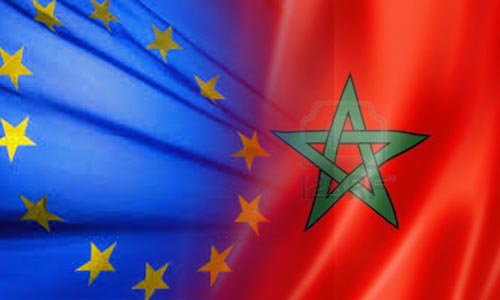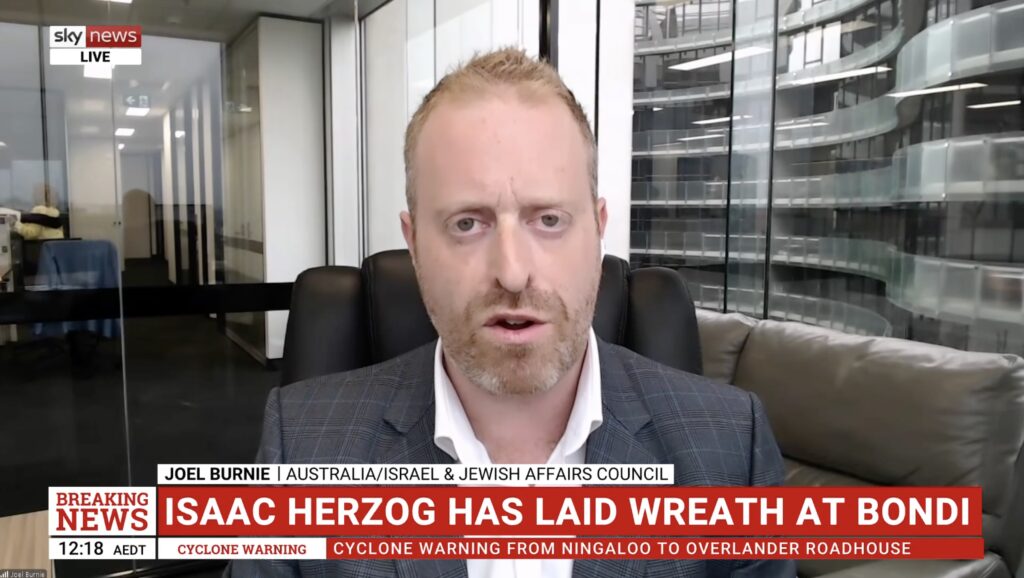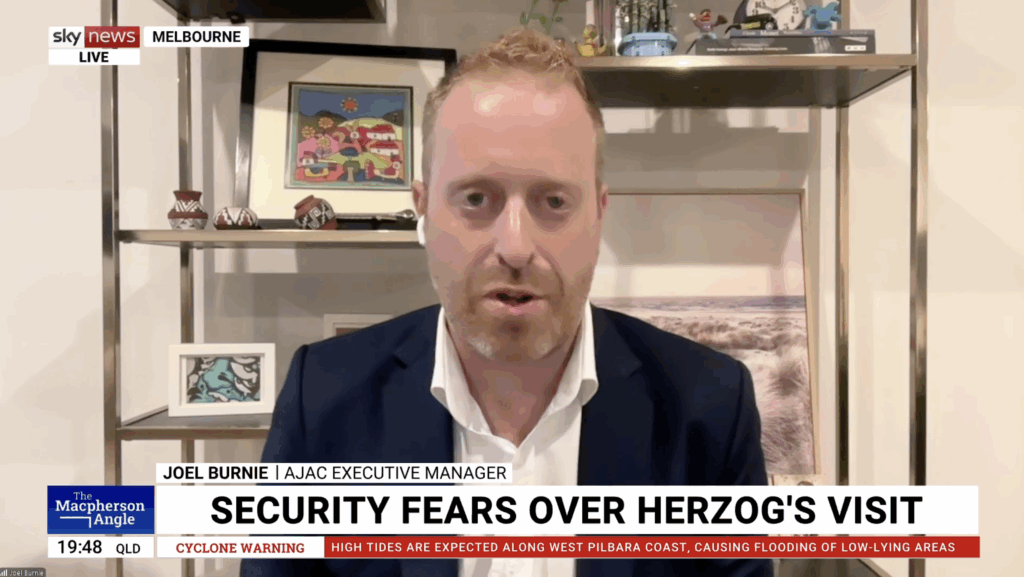UPDATES
Is the EU inadvertently encouraging Israeli settlements?
November 27, 2013 | Daniel Meyerowitz-Katz

Daniel Meyerowitz-Katz
As Australia shifts its UN vote on Israeli settlements to one more befitting of its longstanding support for a negotiated two-state solution, the EU appears to be going in the opposite direction. In addition to undermining the EU’s support for peace talks, this may even be inadvertently encouraging Israel to purposefully send Israeli citizens and businesses into the West Bank.
A common criticism of recent US policy in the Middle East and towards North Korea has been that Americans are undermining their stated goals by rewarding bad behaviour and punishing good behaviour.
For example, Muammar Gaddafi gave up Libya’s nuclear programs and moved closer to the West, only to be overthrown militarily. Saddam Hussein’s Iraq similarly had to give up an advanced nuclear effort, and was also eventually overthrown. Iran and North Korea kept their nuclear programs and have survived just fine.
Similarly, Hosni Mubarak’s Egypt was arguably the staunchest US ally in the Arab world, yet the Obama Administration had no problem allowing him to be overthrown. Then when the relatively pro-American military overthrew the anti-American Muslim Brotherhood, the US responded by cutting military aid to Egypt. Meanwhile, America has done little to prevent its sworn enemy Bashar Assad from maintaining power in Syria.
The message from this: if you’re a Middle East dictator, allying yourself with the US will cost you. Is the EU making a similar mistake with regards to Israel?
As this blog noted at the time, international law scholar Eugene Kontorovich released a critique last month of the EU’s new guidelines towards Israeli settlements in the West Bank – which prevent EU funds from going to “Israeli entities or to their activities in the territories occupied by Israel since June 1967”.
The guidelines punish Israeli businesses and academic institutions in the West Bank, most of which have Palestinian employees or students. Such Israeli entities can relocate quite easily, and if they were to do so, it is Palestinians who would suffer.
As Kontorovich points out, the guidelines are also inconsistent with EU policy in comparable situations. The last post on this issue discussed the EU’s failure to learn from its mistakes in Cyprus. This week, Kontorovich has written about its even more contradictory policy towards the Western Sahara.
As Kontorovich explains:
Morocco invaded Western Sahara in 1975 and has occupied it since, claiming it as its own territory. The Security Council has condemned Morocco’s presence and demanded a complete withdrawal.
In the face of this demand, Morocco has initiated an aggressive settlement policy. As a result, Moroccan settlers may now be the majority in the territory. …
The EU, like the rest of the world, does not recognize Western Sahara as part of Morocco, but this has not stopped EU from extending its agreements with Morocco to cover Western Sahara.
Kontorovich draws attention to a recent fisheries agreement between the EU and Morocco, which extends Morocco’s territory to encompass the Western Sahara, as well as the fact that the EU is actually paying Morocco to exploit resources in the Western Sahara. This tacitly accepts Morocco’s presence in the Western Sahara as legitimate.
As Kontorovich goes on to note, one implicit message for Israel is that perhaps if it were to pursue more aggressive settlement policies, and thus offer more lucrative opportunities there for European business, the EU would find a way to make its peace with the Israeli presence in the West Bank:
The Moroccan agreement contradicts two central elements of the EU’s legal approach to Israel. The EU says that any application of agreements to the occupied territories would violate international law by “recognizing” Israel’s control. Yet while the EU also refuses to recognize Moroccan claims to Western Sahara, it sees no tension between this and extending its agreements with Morocco to that territory.
…In Western Sahara, the EU has licensed the exploitation of scarce natural resources. In the West Bank, the EU seeks to punish pure academic and business activity that do not exhaust resources but only create jobs and opportunities for Arabs and Jews.
Moreover, Israel’s economic activity in the West Bank is confined to areas under Israeli jurisdiction by agreement with Palestinian authorities under the Oslo Accords. Morocco’s activities have no limitations, because unlike Israel, it has not turned over most of the territory to Polisario rule.
Ironically, the inconsistency in European policies sends exactly the opposite message from that intended by Europe. In its dealings with Israel, the EU wants to make clear that it opposes settlements.
Fair enough. But implicitly, Europe is telling Israel that the problem is not its presence in the disputed territories, but rather that it does not have enough presence; in particular, not enough economic enterprises.
Spanish and French businesses, interested in opportunities in the Western Sahara, are pressing the EU to sign the deal with Morocco.
The Moroccan precedent suggests that if significant Israeli defense, high-tech or biotech enterprises were located in the West Bank, the EU would reduce diplomatic pressures on Israel.
The EU is not the only body that seemingly singles out Israel for punishment while taking a very different approach to the Western Sahara, despite Morocco’s presence there being manifestly illegitimate and Israel’s presence in the West Bank being at worst a grey area.
As I pointed out in January, the University of Sydney’s notorious pro-BDS Centre for Peace and Conflict Studies refuses to engage with anyone who is affiliated with any Israeli institution or even pro-Israel, but has hosted both a member of the Western Saharan resistance and a representative of the Moroccan government to discuss the conflict there.
As is standard practice at the UN, the EU appears to have taken the approach of “one rule for the rest of the world, and another for Israel”. It is difficult to see how doing so could ever lead to a positive outcome. It is encouraging that the Australian government seems to see through the UN façade and is now refusing to support it. The impact of the EU policy remains to be seen.
Tags: Europe





